I have ~/git for fit repos, and a dedicated ~/git/ext for repos I do not own, but have locally cloned for various reasons.
Sounds like dogs barking at/with each other in the night back when I was growing up. You'd hear the occasional how-how-hoooooww from one of them, and others would join in. Wolf'ish in some ways. The city I grew up in was much less crowded back then.
Now: I guess self driving cars fill in the void left by dogs not barking at each other anymore.
🐺
🚗
supertuxkart SuperTuxKart (A 3D arcade racer with a variety of characters, tracks, and modes to play.
Linux Mint Debian Edition would be a pretty solid, pre-customized distribution.
I've had great experiences with Linux on Lenovo over the years: would be my first recommendation.
I currently use a Dell Inspiron, while it's works great, I had to do some extra work occasionally. I love that I can get fingerprint login with it on Linux though.
Try running it from the command line with code --disable-gpu.
If that works, you can update the desktop shortcut files (exec section) with the same added parameter.
I recently ran into something similar (opensuse slowroll//kde)
Ref: stackoverflow/Google for the --disable-gpu argument, the desktop file editing - I did for convenience.
Here's how you can find . desktop files
Desktop file reference.- easy format
Wow, that's so messed up: I didn't know HP did that.. I think it might just be a matter of time before others follow suit.
Sounds very Wireshark worthy!
That would be cool.
Here's my new setup that might not work for everyone, but I'd recommend thinking about if you're able to.
-
Network printers are blocked from Internet by my router. They have static IP addresses allocated (permanent DHCP leases) for convenience.
-
I have some Canon laser printers. I don't want to install Canon software across my devices, so I setup a cups print server (lxc container) where I installed the software.
-
I setup and shared the printers (local network only), made them discoverable.
-
I use the CUPS web GUI over ssh tunnel if I need to check on job queues and do maintenance/admin tasks (don't usually have to).
Clients immediately find the printers on the server, no driver required.
As a bonus, I made the margins 0 on the CUPS ppd on the server so that I get to print without margins when so desired (Canon has fixed minimum margins otherwise).
The one caveat is that the Canon drivers don't work on raspberry pi (arm), so while I have a to-do to get around that by using a virtualization layer, you need a separate Intel/AMD machine for the print server if your printer doesn't support ARM.
Ubuntu uses snaps, which I've found sluggish on older ide hard drives. To be honest, even flatpaks are very slow for these in my experience.
I think you might be better off with opensuse tumbleweed.
Novelty recommendation besides tumbleweed: antix.
While I haven't used antix except out of curiosity in a virtual machine, they are lightweight, but they have a hard stance against systemd.
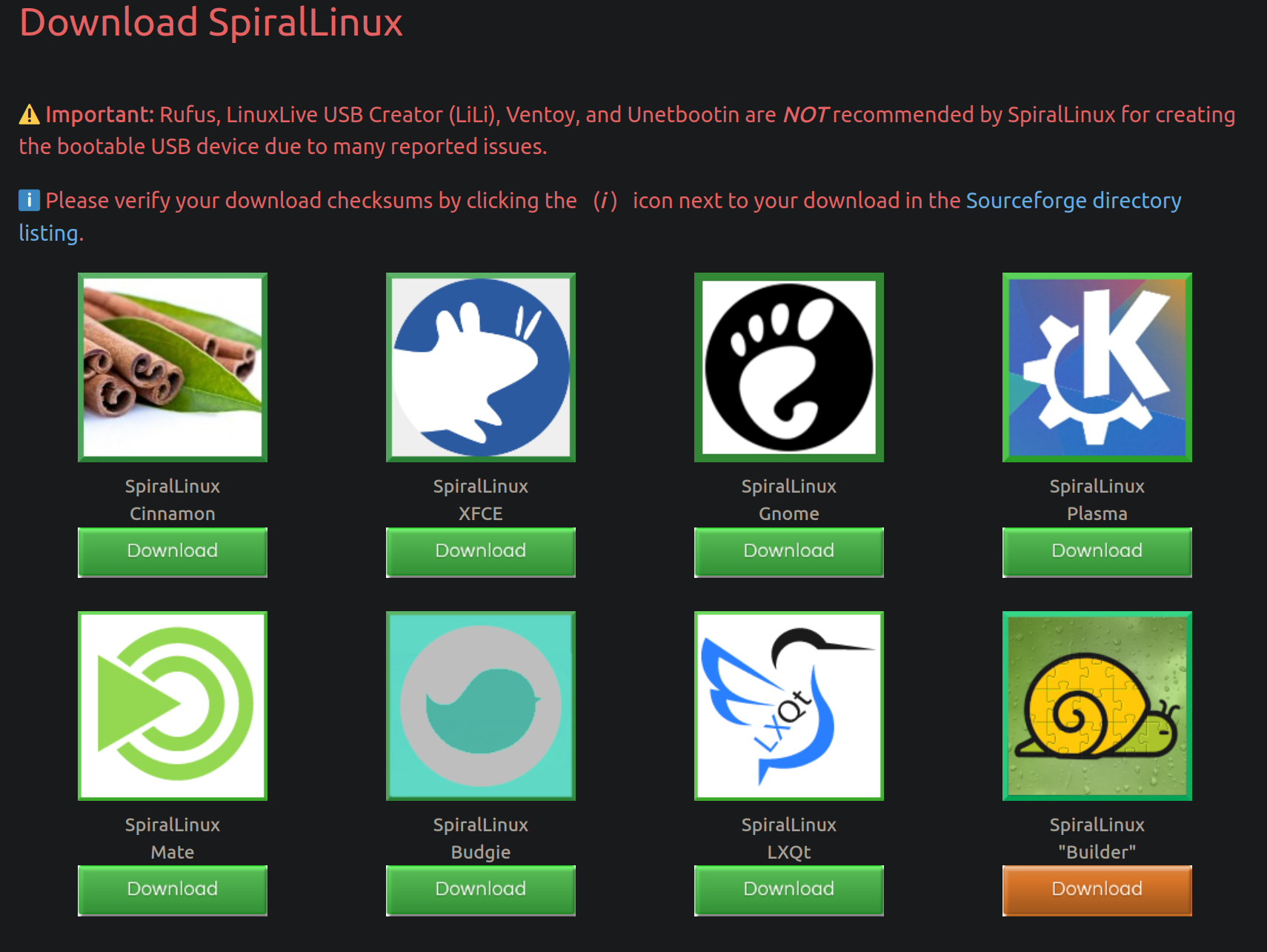

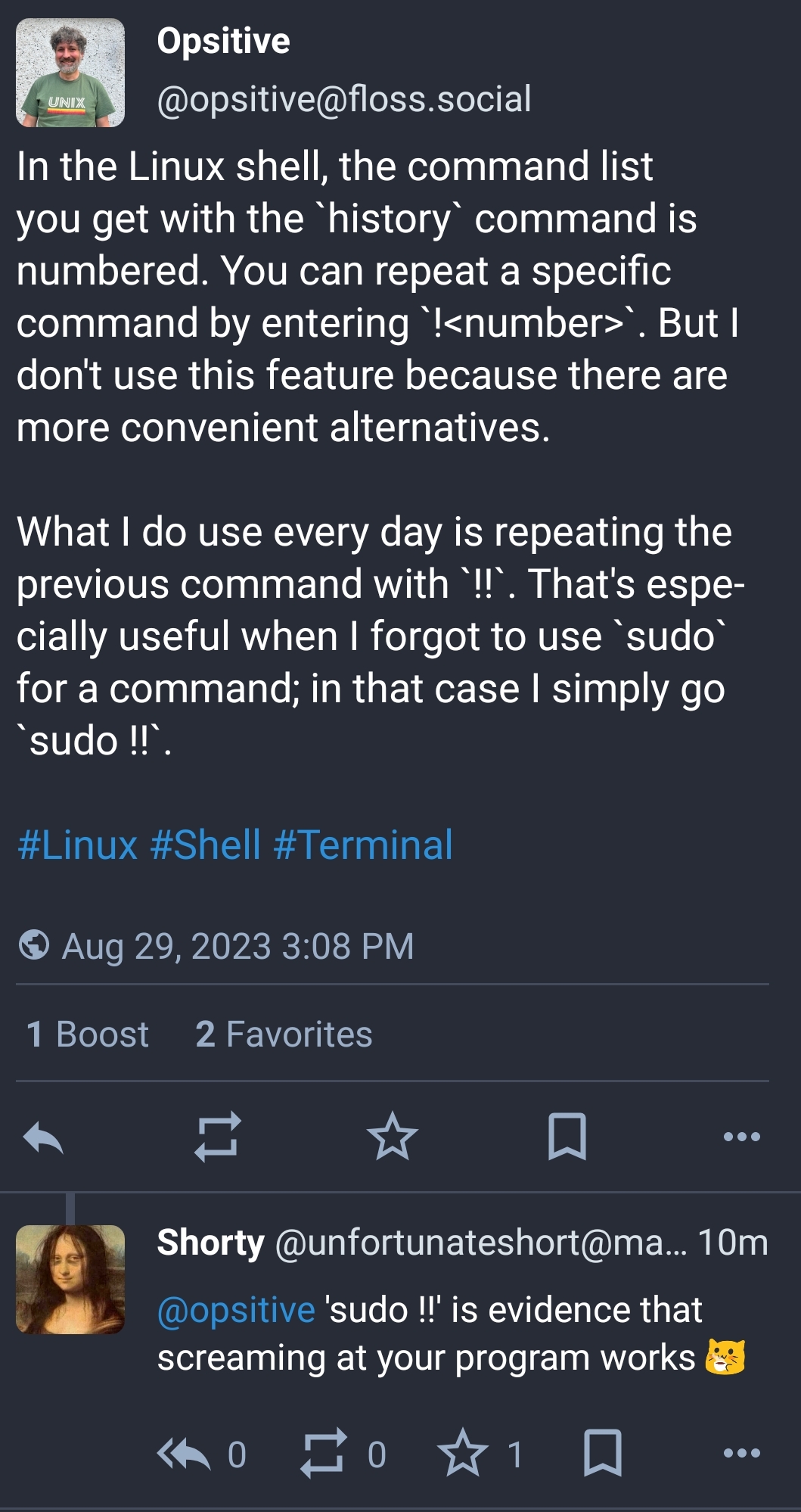
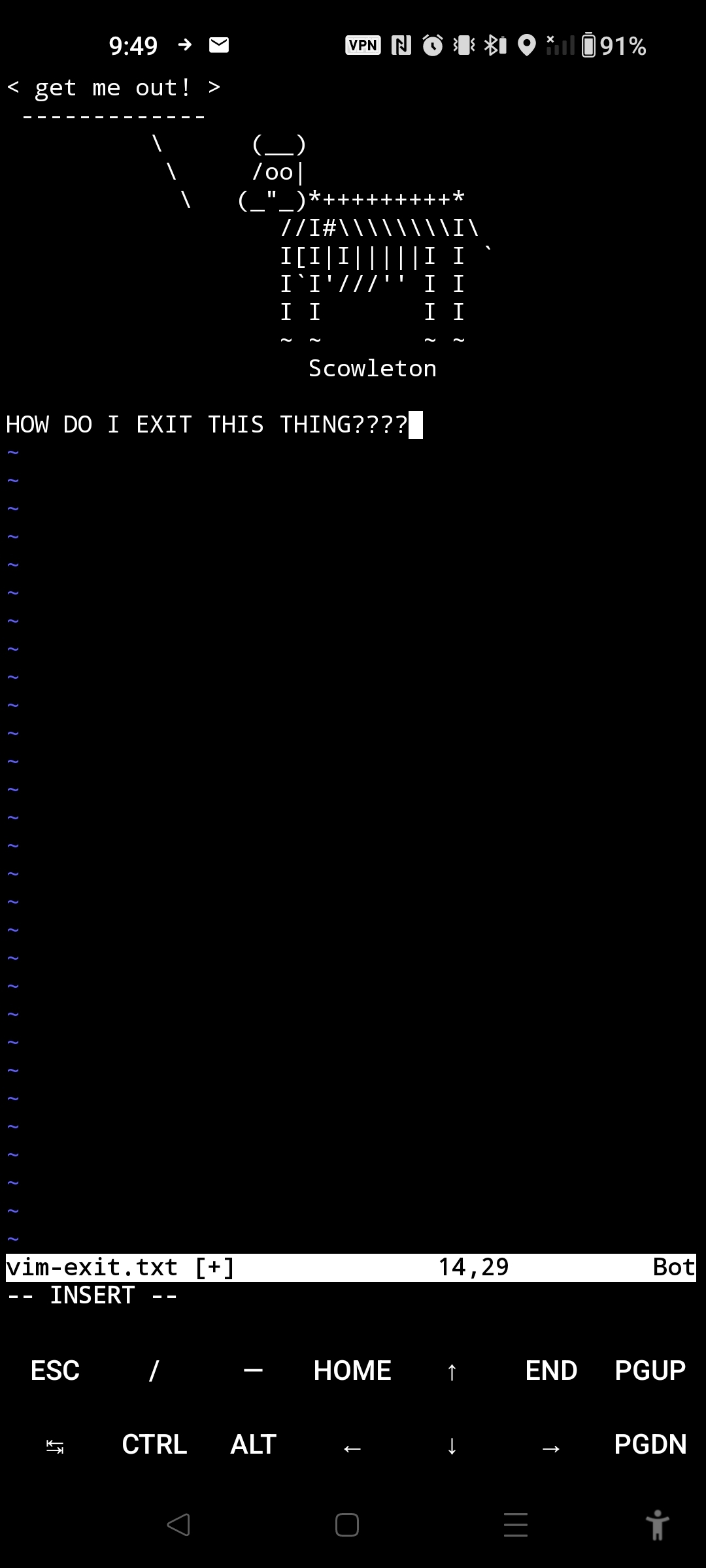
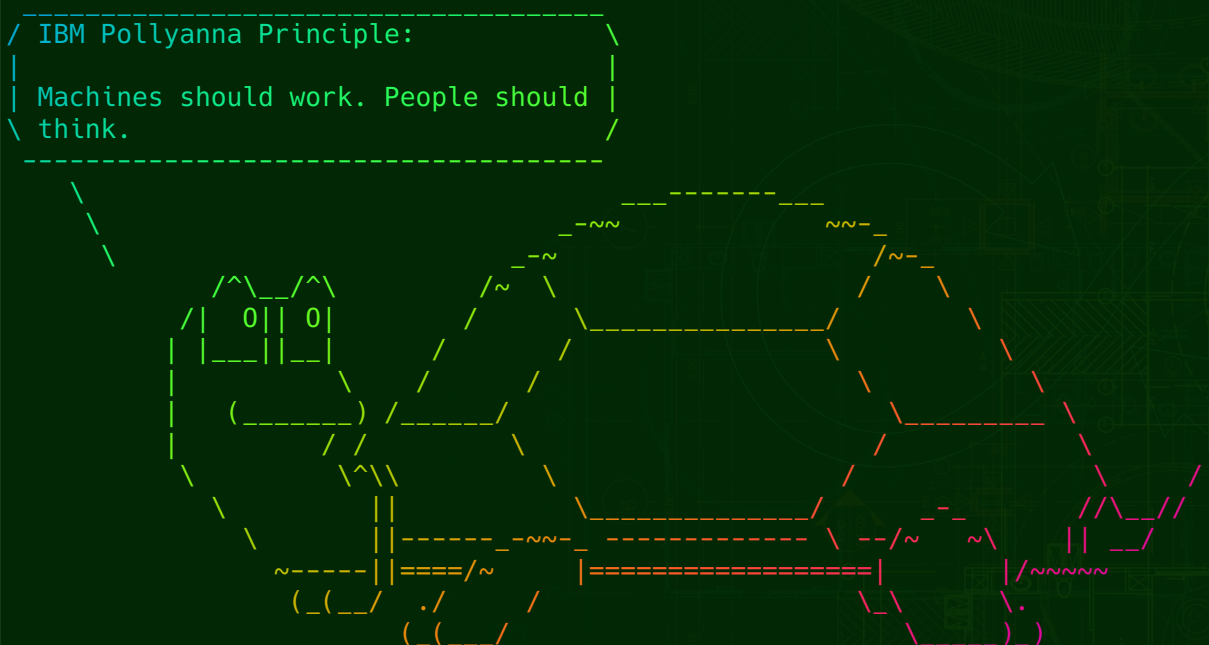
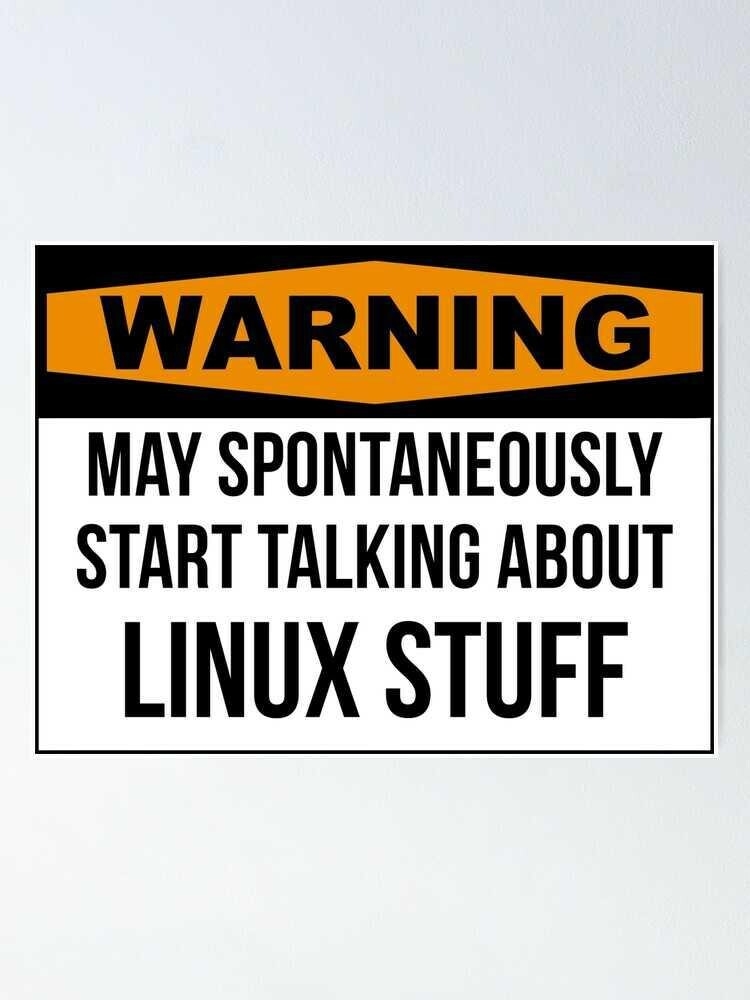
It is finally upon us.
THE YEAR OF THE LINUX DESKTOP!
Terms and conditions apply. It could be the next year, or the year after, or not at all.